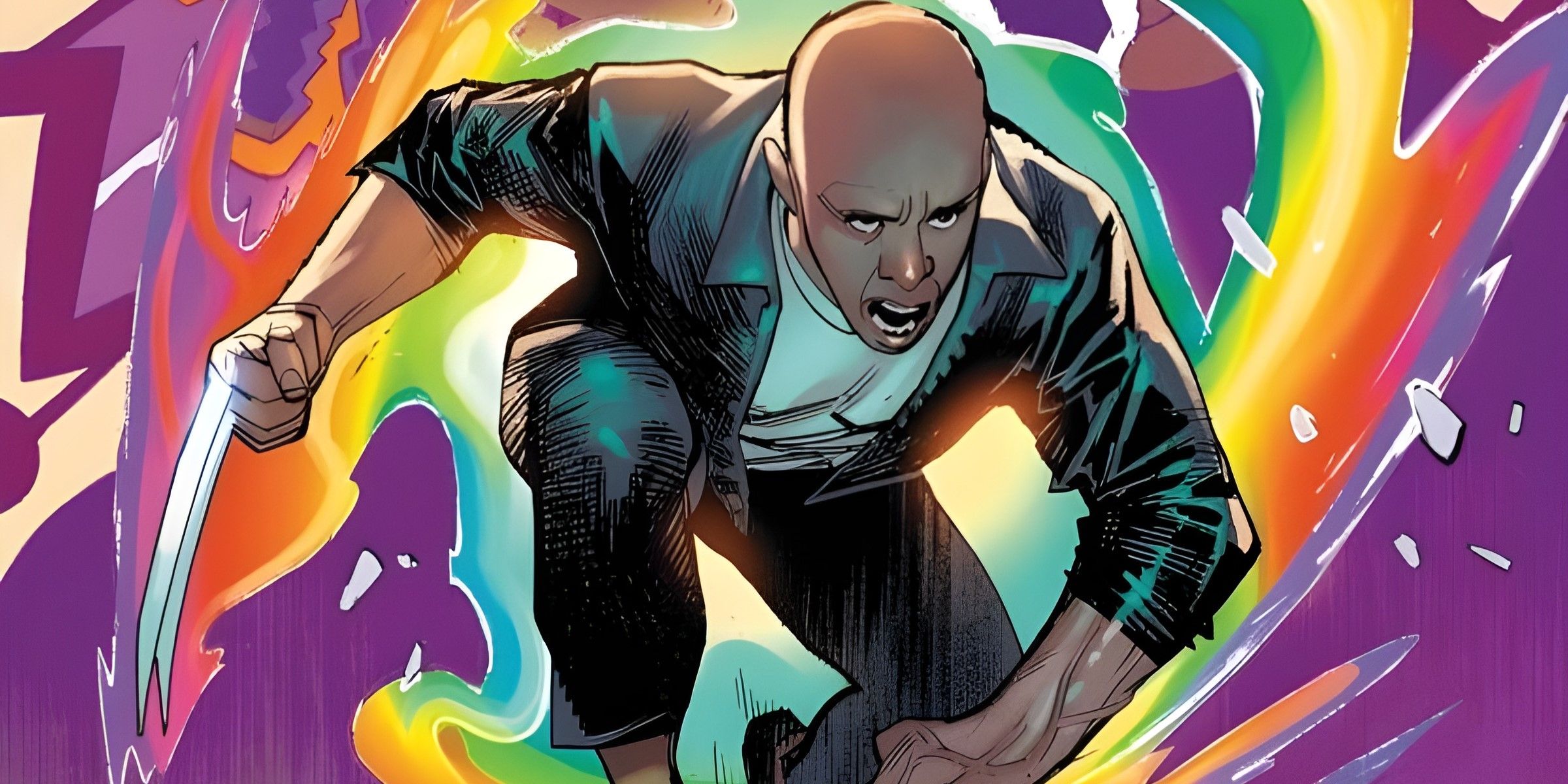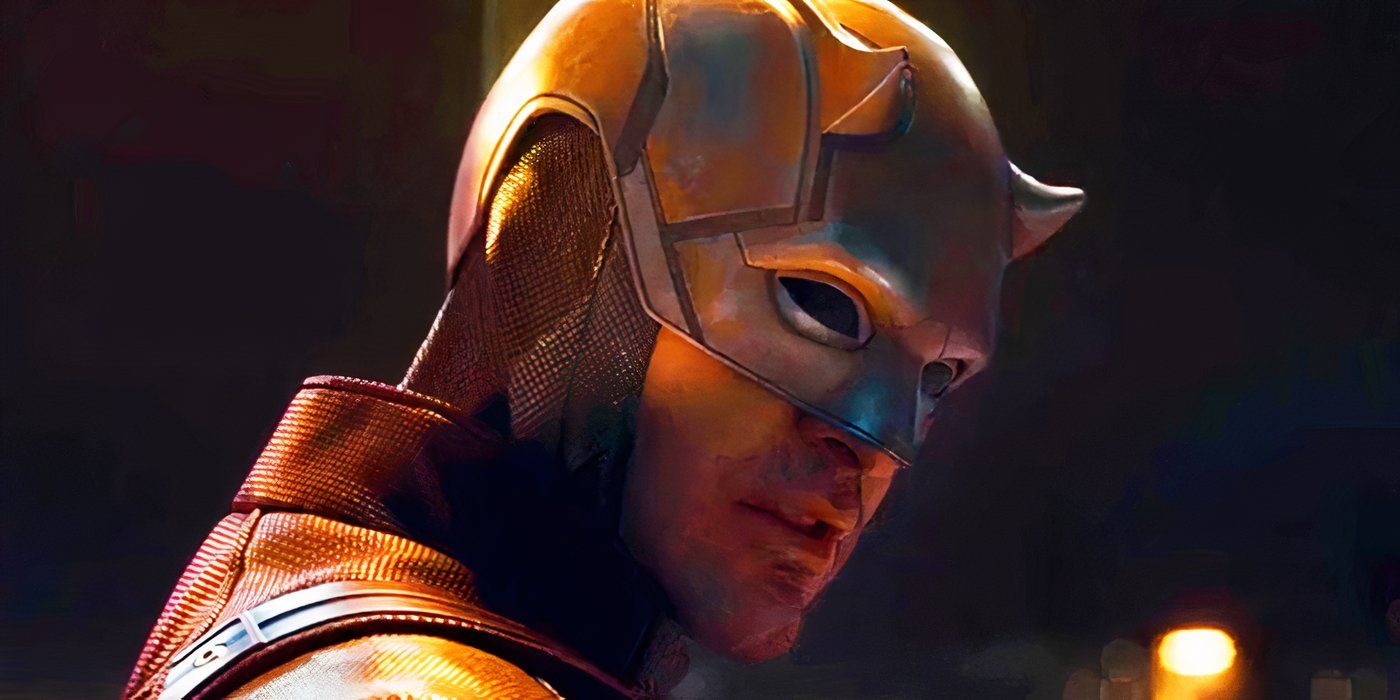The brief was simple: Palestinian director Rashid Mashwari invited Gazan filmmakers to submit three-to-six-minute shorts about their day-to-day experience of life under threat of annihilation. The results are as anguished, eclectic, and persevering as the people of Palestine themselves, and — under Mashwari’s supervision — they’ve been collected into a 22-part anthology that offers approximately one story for every 2,100 people who have been killed in Gaza since October 7, 2023 (to go by the latest published figures). That “From Ground Zero” exists is both a tragedy and a miracle in unequal measure, a fact that proves impossible to forget over the course of a film whose every frame has been rescued from the rubble of an ongoing genocide.
As in most anthologies, some of these shorts are more effective than others, and even the best of the ones you’ll find here suffer from the brevity imposed upon them by the scale of their format. And yet “From Ground Zero” is rare among anthologies in that the deficiencies of its individual pieces often serve to reinforce the collective strength of the project itself. The tonal and aesthetic “sameness” that allows some of these shorts to blend together — formally varied as they are — reflects the flattening indifference of the filmmakers’ extermination, and builds into its own indictment of the humanitarian crisis at hand. Likewise, the resources available to the film’s contributors speak to the direness of their situation, both in scarcity (crew and equipment) and abundance (pain and rubble), just as the vitality of the movies they’ve managed to make about their survival speaks to the collective endurance of their creative spirit.
And that endurance is ultimately what makes “From Ground Zero” even more remarkable than it appears on its face. Mashwari frames the anthology as a cinematic message in a bottle (a metaphor made literal by Reema Mahmoud’s powerful opening short), and the project is galvanized by the intimate urgency of hearing directly from the people of Palestine themselves.
But heartrending as its individual glimpses of Gazan life can be on their own, “From Ground Zero” is such an effective plea for humanity because its shorts cohere into a larger and more specific portrait of artists interrupted. Altogether, the film clarifies the scope of the Palestinian crisis — and counters the numbness such atrocities can inspire as they wear on — by so pointedly addressing the purpose and possibility of creative expression in the face of death.
None of the filmmakers featured in “From Ground Zero” wanted to make these films, and several of them openly lament their inability to make anything else. In Ahmed Hassouna’s achingly sad “Sorry, Cinema,” the director mourns the destruction of Palestine’s movie theaters (none remain), and how the war has frustrated his dream of shooting fiction. Forced back to documentary by a conflict that has rendered survival as his country’s only viable form of storytelling, Hassouna wistfully celebrates the fact that his one scripted feature got to play at a festival before the bombs fell, and apologies to the movies themselves that he can no longer hope to capture the world’s imagination in the same way. The joy of creation has become inextricable from the agony of witnessing. In one of the anthology’s most crushing moments, Hassouna recalls how he used to wish there were 48 hours in a day to make films, but now wishes there were only 12.
It’s no coincidence that the anthology’s other standout is similarly self-reflexive, and perhaps even more so. Etimad Washah’s “Taxi Wanissa” begins as a seemingly fictional story about a family man who feeds his wife and kids by using the family donkey as a taxi. I say “seemingly” because iPhone cinematography and the constant hum of Israeli drones have a way of diluting any of the clues that might otherwise help us to distinguish between “narrative” and “documentary” modes (the teenage subject of Islam Al Zeriei’s “Flashback” wears massive headphones in an effort to mute the sci-fi buzz overhead).
A few minutes into the short, Washah suddenly appears on screen and speaks into the camera, telling us that her brother and his family were killed by a bomb during filming, and that she lost the will to finish production on her film. Her character was going to suffer the same fate, leaving his donkey to return home on its own, but reality imposed its will faster than Washah could stage her version of it. In breaking the fourth wall to address the situation, the director might have conveyed the futility of creation in a time of ruin, but the set-up to her short’s awful punchline ultimately serves to underscore the power of trying.
The way that fact interferes with fiction in “Taxi Wanissa” comes to epitomize how all of the shorts in “From Ground Zero” reflect the overlap between life and death in contemporary Gaza. In Karim Satoum’s mordantly funny “Hell’s Heaven,” the narrator sleeps in a bodybag in order to cut out the middleman in case he gets bombed in his sleep (“to wear the bag is to feel like you’re going from Hell to Heaven,” he says). In Muhammad Al Sharif’s “No Signal,” a small human drama unfolds above the rubble of a destroyed building as a man finds a stranger while searching for his brother in the wreckage. The scripted nature of the short can only be divined by the convenience of the encounter and the fluidity of the camerawork that films it; the rubble is real, the scenario is gallingly routine, and the actors might find themselves living it for real at any moment.
The more obviously stylized installments tend to lack the same impact (the Kiarostami-like short about a teacher in search of a place to charge his phone is more effective than the following short about a kid who goes to his teacher’s gravestone in lieu of a school to attend), even if the use of widescreen cinematography and a wailing score in one of the film’s documentary segments helps to reinforce the artistic frustration at hand, as well as the overwhelming desire to make people care about what’s happening in Gaza by any means available to these artists. One of the shorts flirts with infomercial-like tendencies, while several others betray the outsized influence of TikTok, though it should go without saying that none of them are so disposable. All of them contain their own measure of poetry, Alaa Islam Ayoub’s “Overburden” most of all. “What is heavier than oppression?,” she asks, kicking herself over the literature she decided to leave behind when fleeing from her home. “How could I have thought for an instant that my books weighed more?”
Ironically, the film’s most obviously “constructed” episode is one of its most gutting, as Khamis Mashawari’s “Soft Skin” uses stop-motion animation to illustrate how the children of Palestine are comprehending their peril. Drones peck at the buildings of Gaza like giant birds. Cut-out paper characters scrawl their names onto their body parts so that their parents might be able to identify them in the aftermath of a bombing.
Hand-crafted art is also the subject of Basel El Maquosi’s “Fragments,” in which an artist displays what’s left of the half-destroyed exhibition they made for a university that was obliterated before the showcase could begin. We become the only true audience this beautiful work will ever get to have. But the work is now being seen, and through the act of showing it, so too are the Palestinian people, who refuse to accept the convenience of being made invisible by a world that would rather they abandon their cameras.
Grade: B+
“From Ground Zero” is now playing in theaters.

 1 day ago
3
1 day ago
3










 English (US) ·
English (US) ·